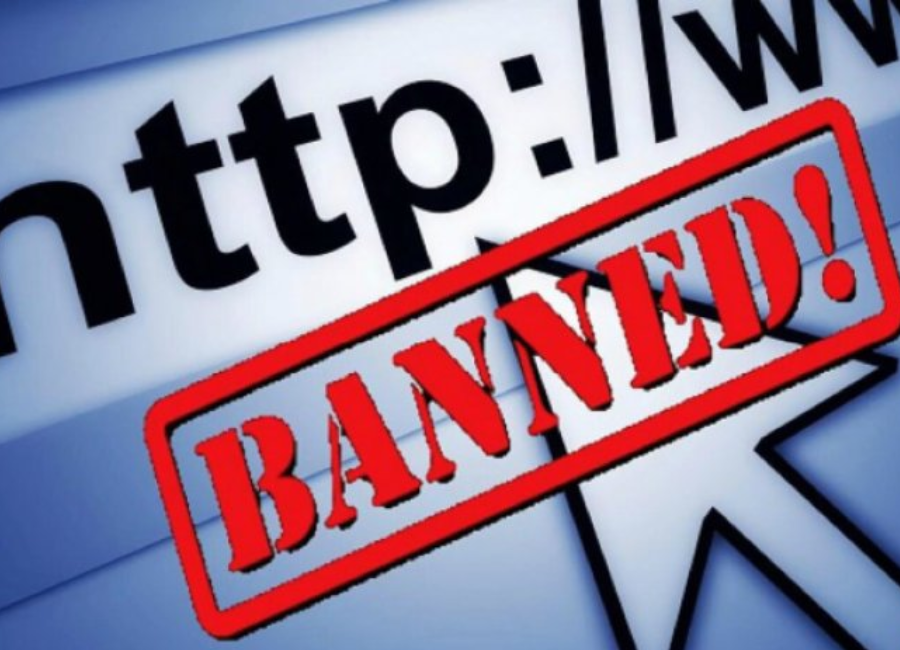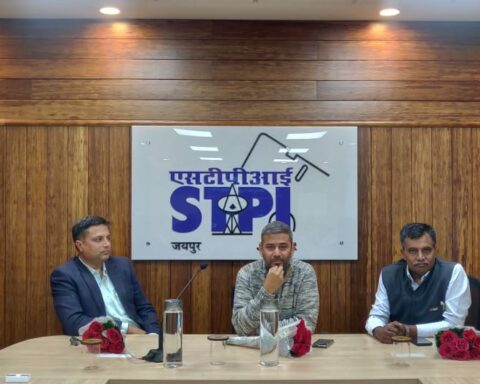The Ministry of Electronics and Information Technology (MeitY) has revealed that it requested social media companies to block a total of 36,838 URLs between 2018 and October 2023. The Minister of Information Technology, Rajeev Chandrasekhar, shared this data in response to a query in Parliament. The government’s directives for blocking access to information are issued under section 69A of the Information Technology (IT) Act, 2000. This section empowers the government to issue such directions in the interest of sovereignty, integrity, defense, security, friendly relations with foreign states, public order, or for inciting cognizable offenses.
The disclosure came in response to a question from John Brittas of the Communist Party of India (Marxist), who sought information on the number and details of orders issued by the government to social media platforms, including Twitter and Facebook, instructing them to block or remove posts, entire accounts, or topic hashtags.
Elaborating on the data, Chandrasekhar stated that between 2018 and October 2023, the government issued 13,660 blocking orders to X (formerly Twitter), which is owned by Elon Musk. This was the highest number of orders received by any social media intermediary during this period. The breakdown of the orders to X included 224 in 2018, 1,041 in 2019, 2,731 in 2020, 2,851 in 2021, 3,423 in 2022, and 3,390 in 2023 until October.

Furthermore, during the same period, MeitY issued 10,197 blocking orders to Facebook, while Instagram received instructions to remove 3,023 URLs. YouTube was subject to 5,759 orders, and 4,199 orders were directed at other social media intermediaries.
Chandrasekhar emphasized that the government’s policies are designed to ensure that the internet in India remains open, safe, trusted, and accountable to all users. The minister highlighted that these directives are issued to maintain the country’s sovereignty, security, and public order while preventing content that could incite cognizable offenses or compromise friendly relations with other states.
In terms of the number of URLs blocked, MeitY took action against 2,799 URLs in 2018, 9,849 URLs in 2020 (the highest in a single year), and 7,502 URLs until October 2023. The minister did not provide detailed information about the specific content or reasons behind each blocking order.
It’s worth noting that governments often issue takedown or blocking orders to address content that they deem inappropriate, illegal, or against national interests. While the aim is to regulate content on the internet, such actions often raise concerns about freedom of speech and the potential misuse of power. The balance between ensuring cybersecurity and protecting individual rights continues to be a challenging aspect of governance in the digital age.








